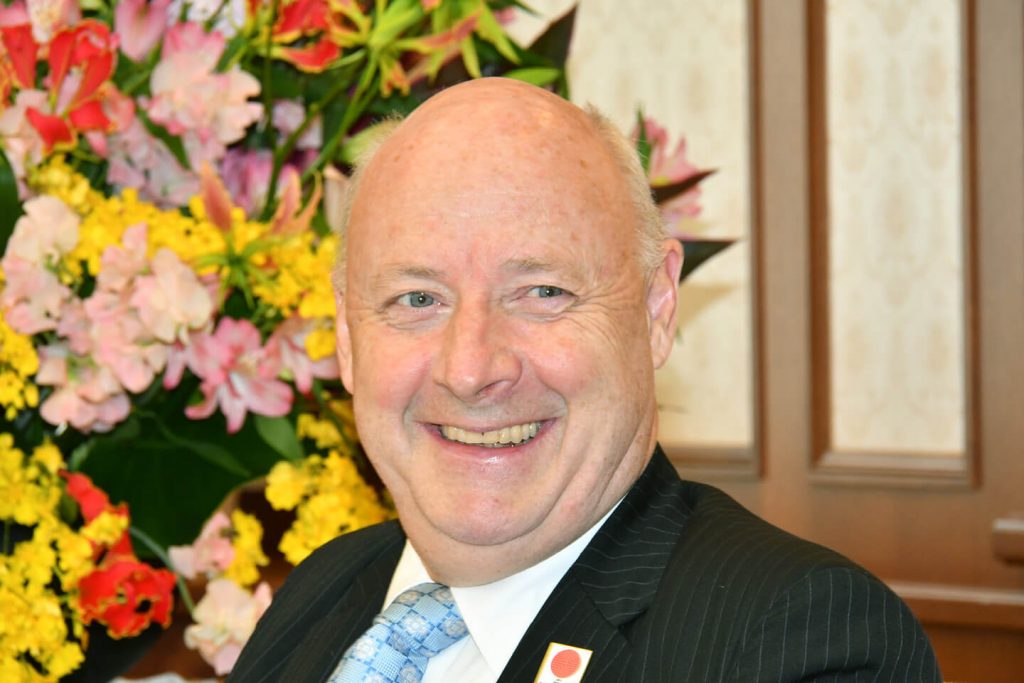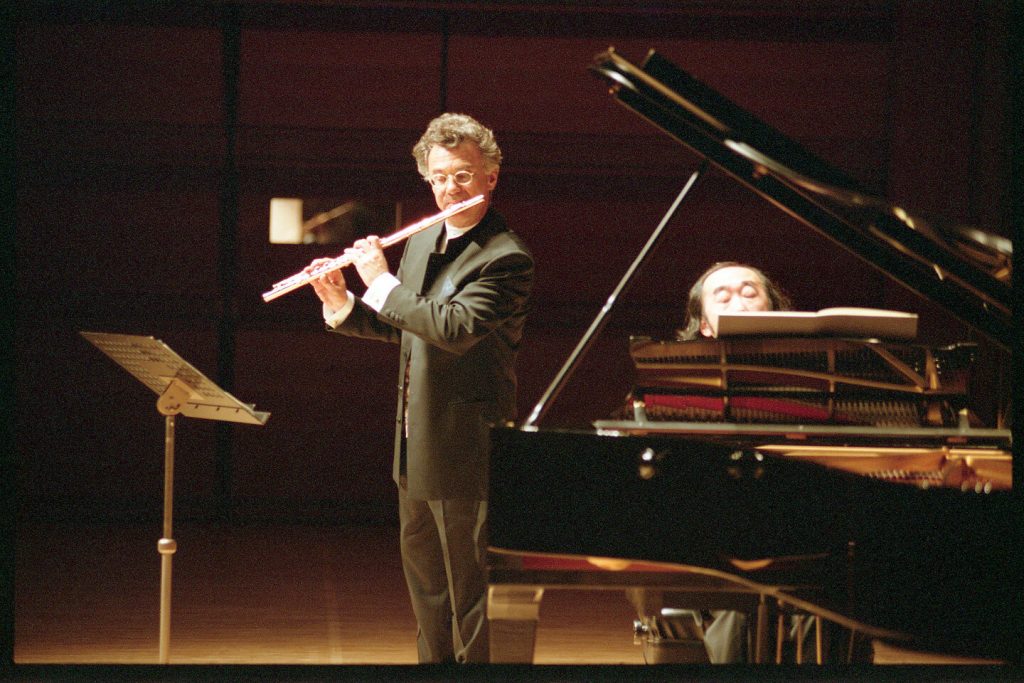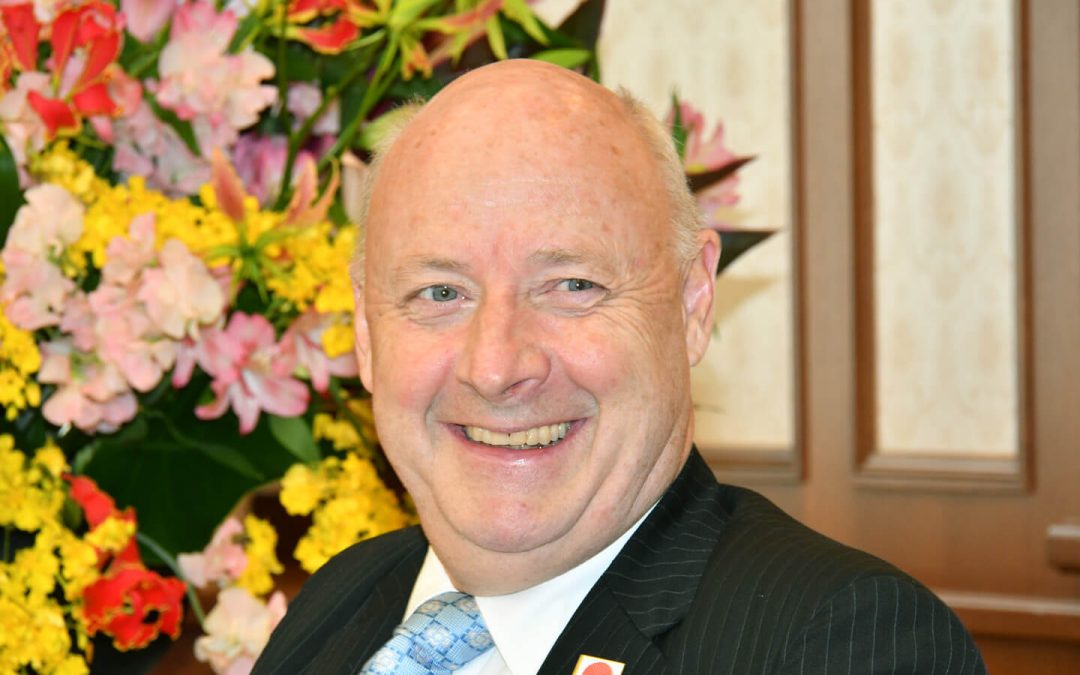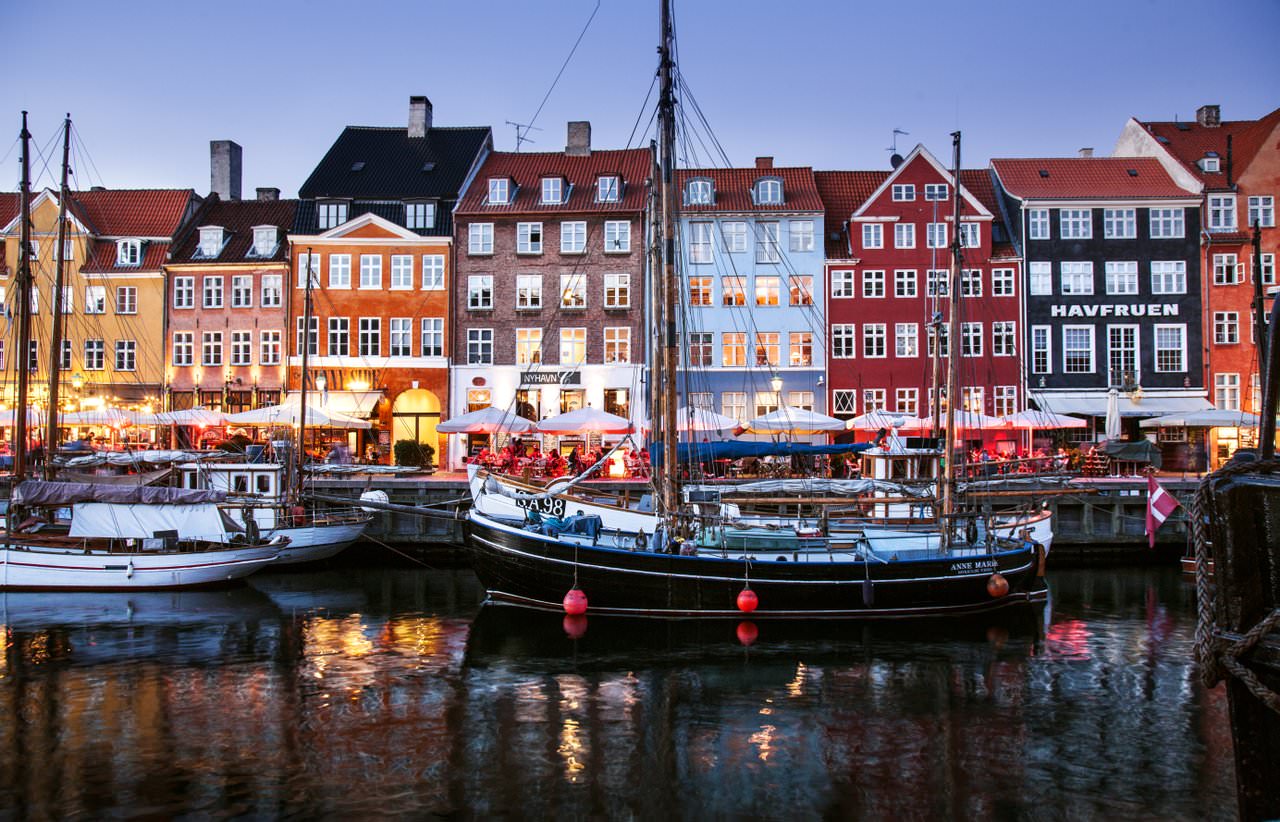
Interview with H.E. Freddy Svane, Ambassador of the the Kingdom of Denmark
Min-On: First of all, we would like to express our warmest appreciation for your recent courtesy visit to the Min-On Culture Center and Music Museum. Can you please give your impression of your visit?
Ambassador Freddy Svane: Thank you very much for the warm welcome everyone extended during my visit to the Min-On Culture Center. I was genuinely surprised to see your collection of very old pianofortes and harpsichords at the music museum—it is an outstanding exhibition. I have never seen anything like that anywhere in the world. And, of course, to witness someone playing those antique instruments live was a historic moment for me. Especially when listening to the delicate sound of the antique harpsichord, I spontaneously recalled my experiences listening to old phonograph recordings. It was truly a touching experience. It must be very difficult to maintain those several centuries-old instruments in viable condition and keep them well tuned. I praise your dedication to not only protecting these precious instruments for lovers of music and art, but also preserving such important world heritage for the sake of humanity. I was very pleased to visit you and sincerely enjoyed the precious cultural heritage you preserve.
Min-On: Thank you so much for the heartfelt compliment. You may have also attended various concerts and cultural programs in Japan, including those organized by the Min-On Concert Association. If you have any comments on those cultural activities, please share them with us.
Ambassador: I think Japanese people have a very strong interest in art, not only Japanese art but also Western art, and even global art. We all know that art and music are forms of human expression, and I believe that we are all naturally able to perceive that expression through a piece of art or music. This is because art and music are a kind of universal language that we are commonly able to understand. This furthers the reasoning for why we should introduce people of different cultures to each other through music and art across ethnic and national borders. I think that this is needed now more than ever before.
I also believe listening to music spontaneously makes people feel happy. It is rare to see two true lovers of music arguing and fighting with each other, I believe. Musical culture is universal and an important part of our global DNA. Finally, I think places where people are more exposed to music and culture have fewer problems.

Min-On: Those are exactly the same principles that we adhere to. For the last fifty-some years, Min-On has developed mutual understanding and respect among people of different races and nationalities through the global exchange of musical culture, inviting musicians and artists from 105 countries to date. Actually, this year we’ve added three more countries: Bahrain, Bosnia-Herzegovina and Nicaragua.
Ambassador: That’s wonderful! We also hope and expect to introduce the music and culture of Denmark to the Japanese people one day. Min-On has pioneered an important platform for a cultural exchange. Such events give us a way to introduce our own country’s unique culture to people around the world. Even though I am from Denmark, a European country, I may not have any idea about the music from Bosnia-Herzegovina—even though it is another European country. That said, I cannot imagine how the music from Bahrain sounds at all. The world has been morphing at high speed into something we’ve never seen before—constant new technologies, artificial intelligence, augmented reality, and so on. This is why, I think, culture must play a more and more important role in our future. With more opportunities for cultural exchange, we can develop mutual understanding between different countries. Eventually, this will achieve peace and harmony to reign over our world.
Min-On: A fantastic notion, your Excellency! Lastly, since this year marks the 150th anniversary of the establishment of diplomatic relations between Denmark and Japan, if your embassy has any special programs planned for the celebration, please tell us about them.
Ambassador: Yes, of course, it is my great pleasure to talk about the celebration. Of course, we must celebrate the past 150 years of successful and friendly ties between our two countries. Yet, we want to focus on the next 150 years in order to further develop bonds of friendship for the sake of the future. In that context, we have identified three keywords for the celebration. They are tradition, innovation and gateway.
Tradition relates directly to culture. In both Denmark and Japan, there are deep-rooted cultural traditions. We need to maintain them, nurturing those cultural values for the sake of the future. The second is innovation; in other words, creativity. We all know that creativity is a great force driving the future of our world. Last but not least, gateways are imperative for connecting our two countries and the world. Geographically speaking, Japan and Denmark stand very far apart—indeed, thousands of kilometers from each other. But by improving the convenience of our common gateways, we can further promote people-to-people exchange between the two countries.
Focusing on these three keywords, we will plan and prepare a variety of celebration events. I believe that our celebration of the 150th anniversary should serve as a role model for proving the value of cultural exchange. It will prove that culture can be mutually beneficial among individuals, companies and countries, and at the same time, nurture peace, harmony and stability. We have achieved what we wanted thus far, and it’s our responsibility to commit ourselves to further strengthening the bonds of goodwill and friendship between Denmark and Japan. Thank you very much.



